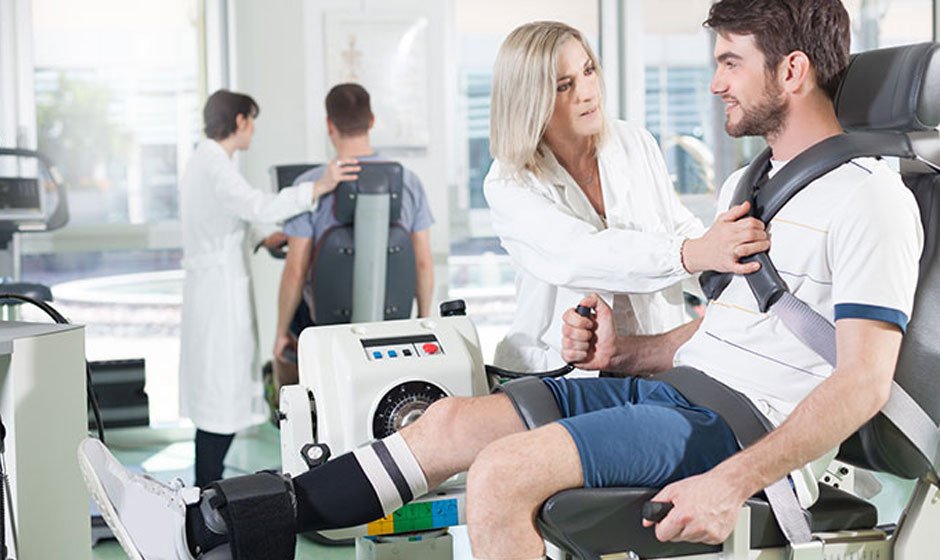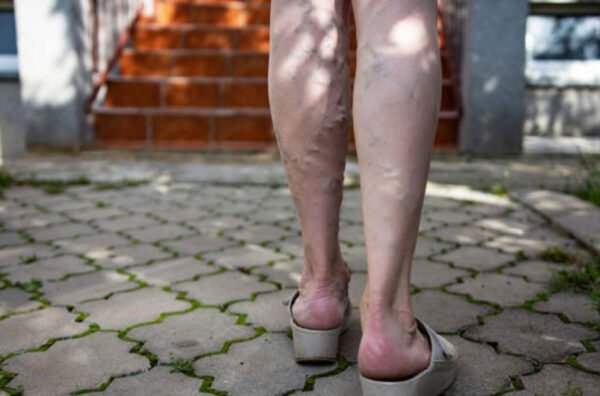What is the Goal of Rehabilitation Care?

Through rehabilitation care, individuals acquire access to the essential tools required to overcome physical and psychological ailments, enabling them to reclaim their autonomy and enrich their day-to-day lives. What’s more, this specialized form of healthcare strives to sustain and enhance patients’ physical, emotional, and social capabilities. Whether its restoring strength after a major surgery or managing a chronic disability, rehab care offers invaluable assistance to those in pursuit of restoration and vitality. Let us now have a look at the intricate workings of this remarkable branch of medicine and how it contributes to the world of healthcare.
The Goals of Rehabilitation Care
Rehabilitation care is driven by several key objectives, all of which contribute to the overall well-being and quality of life for patients. Here are the primary goals of rehabilitation care:
1. Functional Independence:
Rehabilitative care is guided by a single, yet significant ambition to foster functional autonomy. This involves enabling patients to tackle everyday tasks like ambulation, consuming meals, donning clothing and engaging in personal grooming without external assistance. By conquering these milestones, individuals can return to their day-to-day lives with renewed vigor and freedom.
2. Pain Management:
For many individuals suffering from physical ailments, pain can be a formidable adversary one that impedes their progress towards the path to recovery. Rehabilitation care is an effective means of tackling this challenge, offering a range of treatments including physical therapy, medication, and lifestyle changes tailored to help manage and reduce pain. By embracing these strategies, patients can reclaim agency on the road to optimal physical wellbeing. Additionally, the utilization of physical therapy billing units ensures that individuals have access to the necessary rehabilitative services without facing undue financial burdens.
3. Improved Quality of Life:
Rehabilitation care is an all-encompassing approach to healthcare, as it goes beyond physical restoration to nurture the psychoemotional welfare of the individual. Patients receive personalized assistance to handle the psychological and emotional hardships associated with chronic injury and illness, allowing them to reclaim control of their lives and ascend to higher levels of wellbeing.
4. Preventing Complications:
Skilled rehabilitation professionals strive to reduce the likelihood of post-treatment complications, such as those stemming from a lack of mobility or inadequate healthcare practices. By taking a proactive stance, hospital readmissions and healthcare expenditures can be significantly reduced. Effective preventative strategies are essential for fostering successful recovery and promoting long-term wellbeing.
5. Education and Empowerment:
Patients and their families can gain a greater understanding of their medical conditions through education. With the right knowledge and skills, empowered individuals can play a central role in their recovery, taking ownership of their progress for lasting results. Encouraging patients to actively participate in their treatment plans offers an invaluable opportunity to promote meaningful well-being.
6. Social Reintegration:
Reacquainting oneself with commonplace social structures is an essential tenet of rehabilitation, allowing individuals to resume their roles in the workplace, education system, and community at large. A successful reintegration helps foster a sense of normalcy and belonging that promotes holistic recovery.
The Significance of Rehabilitation Care
Rehabilitation care is a fundamental component of modern healthcare, and its significance cannot be overstated. Here’s why it’s so important:
1. Improves Outcomes:
Quality rehabilitation care bolsters patient outcomes, enabling them to regain mobility and function more quickly and effectively. A systematic approach to treatment amplifies the likelihood of optimal recovery, minimizing the risk of ongoing disability and related complications. Committing to comprehensive rehabilitation is essential for those seeking full restoration of health and well-being.
2. Enhances Quality of Life:
Rehabilitation is a powerful tool for individuals striving to regain their independence and reclaim their quality of life. From physical therapy to occupational therapy, an array of services are available to help you reclaim your abilities and restore vitality to your everyday existence. Strengthen your body, sharpen your skills, and enhance your life with rehabilitation!
3. Reduces Healthcare Costs:
Investing in rehabilitation care can provide a long-term financial benefit to healthcare institutions. By averting medical complications and rehospitalizations, substantial savings are realized that can offset the cost of providing rehabilitative services. Thus, rehabilitation interventions present an economical solution for healthcare organizations seeking to lower spending while delivering quality patient care.
4. Promotes Patient-Centered Care:
Rehabilitation is devoted to the individual, promoting patient-centered care that prioritizes personal objectives and tailors treatments to suit one’s specific needs. These services ensure comprehensive support for every level of treatment, delivering an unparalleled experience of recovery and rehabilitation.
Rehabilitation care is an integral part of the healthcare continuum, providing invaluable support to those battling illness, injury, or surgery. Through a combination of medical proficiency and patient partnership, rehabilitation care strives to cultivate a comprehensive and holistic recovery experience by addressing physical limitations, managing pain levels, and empowering individuals to reclaim their function and autonomy. By synergizing specialized expertise with personalized planning, rehabilitation care can assist clients in restoring quality of life and renewing vitality ultimately equipping them with the skills and resilience to thrive in spite of the challenges they face. So, if you are in search of Oregon’s top trusted rehab center, then here are some of the things you need to consider.



